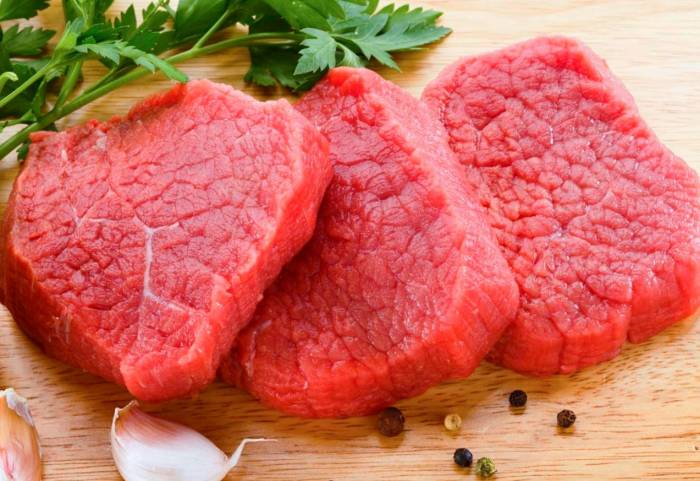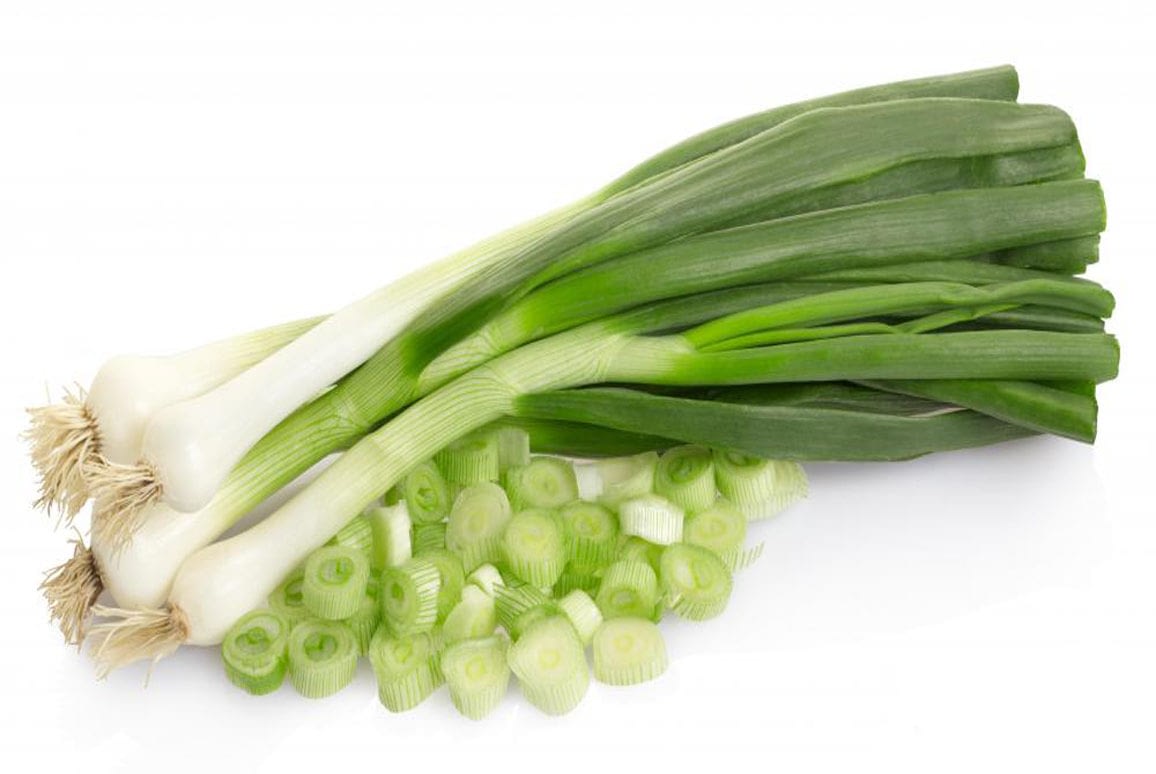Camel meat, an essential dietary staple in many arid regions around the world, is gaining popularity beyond its traditional boundaries. This lean, nutrient-rich protein source is lauded for its numerous health benefits, making it an intriguing alternative to more conventional meats. In this article, we will delve into the various benefits of camel meat, exploring its nutritional value, potential health advantages, and its role in sustainable and culturally diverse diets.

Nutritional Profile of Camel Meat
Camel meat boasts a rich nutritional profile that rivals, and in some cases, surpasses other red meats. It is particularly noted for being low in fat and cholesterol, making it a heart-healthy choice for meat lovers. Here is a detailed look at its nutritional composition:
- Protein: Camel meat is an excellent source of high-quality protein, essential for muscle development and repair. A 100-gram serving typically contains around 20-22 grams of protein.
- Fat: This meat is significantly lower in fat compared to beef and lamb. A 100-gram serving contains approximately 1.8-3 grams of fat, of which only a small fraction is saturated fat.
- Vitamins and Minerals: Camel meat is rich in vital nutrients such as iron, zinc, and vitamin B12. These nutrients are crucial for various bodily functions, including oxygen transport, immune support, and energy production.
- Calories: It is relatively low in calories, making it a suitable option for those monitoring their caloric intake. A 100-gram serving provides roughly 120-150 calories.
Health Benefits
The unique nutritional profile of camel meat translates into several notable health benefits:
- Heart Health:
- Low in Cholesterol and Saturated Fats: Camel meat’s low cholesterol and saturated fat content help maintain healthy cholesterol levels, reducing the risk of cardiovascular diseases.
- Rich in Omega-3 Fatty Acids: Some studies suggest that camel meat contains beneficial omega-3 fatty acids, which are known for their anti-inflammatory properties and heart health benefits.
- Enhanced Immune Function:
- High Iron Content: The significant iron content in camel meat supports the production of hemoglobin, enhancing oxygen transport in the blood and boosting overall energy levels.
- Zinc: Essential for immune function, zinc helps the body ward off infections and aids in wound healing.
- Weight Management:
- Low-Calorie and High-Protein: Camel meat’s combination of low calories and high protein makes it ideal for weight management. Protein-rich diets help in building lean muscle mass and promote a feeling of fullness, reducing overall calorie intake.
- Antioxidant Properties:
- Vitamin E and Carnosine: Camel meat contains antioxidants like vitamin E and carnosine, which combat oxidative stress and inflammation, potentially reducing the risk of chronic diseases.
- Digestive Health:
- Easily Digestible: Camel meat is known to be easily digestible, making it a suitable protein source for individuals with digestive issues or those recovering from illness.
Camel Meat Benefits for Males
Camel meat offers several benefits for males, which include:
- High Protein Content: Camel meat is rich in high-quality protein, essential for muscle growth, repair, and overall strength. This is particularly beneficial for athletes and bodybuilders.
- Low Fat and Cholesterol: Camel meat has lower fat and cholesterol levels compared to beef and lamb, making it a healthier option for cardiovascular health.
- Rich in Vitamins and Minerals: It contains vital nutrients like iron, zinc, and B vitamins, which are crucial for maintaining energy levels, improving metabolism, and supporting overall health.
- Potential Boost to Male Fertility: The high levels of zinc found in camel meat can help improve male fertility by enhancing sperm production and quality.
- Anti-Inflammatory Properties: Camel meat has anti-inflammatory properties, which can help reduce inflammation and support joint health.
Camel Meat Benefits for Females
Camel meat also offers numerous benefits for females:
- Iron-Rich for Preventing Anemia: The high iron content is particularly beneficial for women, who are more prone to iron-deficiency anemia.
- Supports Skin Health: The B vitamins and other nutrients in camel meat contribute to healthier skin and can help reduce signs of aging.
- Low in Fat: Its low-fat content makes it a suitable choice for maintaining a healthy weight and supporting cardiovascular health.
- Boosts Immunity: The high zinc content aids in strengthening the immune system.
- Improves Energy Levels: The B vitamins help in energy production, which can be beneficial in managing daily activities and reducing fatigue.
Camel Meat Disadvantages
While camel meat has many benefits, there are also some potential disadvantages:
- Availability and Cost: Camel meat may be difficult to find and more expensive than other meats in many parts of the world.
- Taste and Texture: Some people may not prefer the taste and texture of camel meat compared to more commonly consumed meats like beef or chicken.
- Health Risks: If not cooked properly, camel meat can pose health risks, such as foodborne illnesses. It’s crucial to ensure proper cooking and handling.
- Cultural Acceptance: In some cultures, consuming camel meat might not be widely accepted or might be considered taboo.
Camel Meat Benefits and Side Effects
Benefits:
- High Nutritional Value: Rich in proteins, vitamins, and minerals.
- Heart Health: Low in fat and cholesterol, beneficial for cardiovascular health.
- Boosts Immunity: High in zinc and other essential nutrients.
- Supports Muscle Growth: Excellent source of protein.
Side Effects:
- Allergic Reactions: Some individuals might be allergic to camel meat.
- Digestive Issues: Can cause digestive discomfort in some people, especially if they are not used to consuming it.
- Risk of Contamination: Like all meats, if not properly handled or cooked, it can lead to foodborne illnesses.
Camel Meat Benefits in Islam
In Islam, camel meat is considered halal (permissible) and offers several benefits:
- Nutritional Value: Provides a rich source of protein and essential nutrients.
- Cultural and Historical Significance: Consuming camel meat is deeply rooted in the traditions of many Muslim communities.
- Versatility: It can be prepared in various ways to suit different culinary traditions within the Islamic world.
- Health Benefits: As mentioned, it supports overall health due to its nutritional profile.
Camel Meat Benefits in Pregnancy
Pregnant women can also benefit from consuming camel meat, provided it is consumed in moderation and properly cooked:
- High Iron Content: Helps prevent anemia, which is common during pregnancy.
- Protein Source: Essential for the growth and development of the baby.
- Rich in Vitamins: Provides B vitamins necessary for energy production and overall health.
- Low in Fat: Helps maintain a healthy weight during pregnancy.
Cultural and Environmental Significance
Camel meat is more than just a nutritious food source; it holds cultural significance in many regions and plays a role in sustainable agriculture.
- Cultural Importance: In Middle Eastern, African, and Central Asian cultures, camel meat is a traditional food with deep-rooted significance. It is often consumed during special occasions and is considered a delicacy.
- Sustainable Livestock: Camels are well-adapted to harsh, arid environments where other livestock cannot thrive. They require less water and feed compared to cattle, making them a sustainable option for meat production in drought-prone regions.
Culinary Uses and Preparation
Camel meat is versatile and can be prepared in various ways, much like other red meats. Here are some popular culinary uses:
- Grilled or Roasted: Camel meat can be grilled or roasted, similar to beef, and pairs well with a variety of marinades and spices.
- Stews and Curries: It is often used in slow-cooked dishes such as stews and curries, where its robust flavor is complemented by aromatic spices.
- Ground Meat: Ground camel meat can be used in burgers, sausages, and meatballs, offering a leaner alternative to traditional ground meats.
Potential Challenges and Considerations
While camel meat offers numerous benefits, there are some challenges and considerations to keep in mind:
- Availability and Accessibility: Camel meat is not widely available in many parts of the world, which can limit its accessibility.
- Cultural Preferences: In regions where camel meat is not traditionally consumed, there may be cultural resistance or unfamiliarity with its preparation and taste.
- Regulations and Standards: Ensuring the quality and safety of camel meat through proper regulations and standards is crucial, especially as it gains popularity in new markets.
The Role of Camel Meat in Modern Diets
Camel meat is gaining recognition as a functional food that fits well within modern dietary trends focused on health, sustainability, and cultural diversity. Its nutritional advantages and environmental benefits position it as a valuable addition to contemporary diets.
Functional Food and Health Trends
As people become more health-conscious, there is a growing interest in functional foods—those that offer health benefits beyond basic nutrition. Camel meat fits this category due to its high protein, low fat, and rich micronutrient content. It aligns with dietary trends that emphasize lean proteins and nutrient-dense foods.
- High-Protein Diets: With the rising popularity of high-protein diets for muscle building, weight loss, and overall health, camel meat serves as an excellent source of lean protein. Its high protein-to-fat ratio makes it ideal for those seeking to increase protein intake without consuming excessive fat.
- Paleo and Ketogenic Diets: These diets, which prioritize whole, unprocessed foods and healthy fats, can incorporate camel meat due to its natural, nutrient-rich profile. The low carbohydrate content of camel meat also makes it suitable for ketogenic dietary plans.
- Gluten-Free and Allergy-Friendly: Camel meat is naturally gluten-free and can be a good option for individuals with gluten sensitivities or other dietary restrictions.
Conclusion
Camel meat is emerging as a versatile and beneficial component of modern diets. Its impressive nutritional profile, coupled with its environmental sustainability and cultural significance, make it a compelling alternative to more conventional meats. As the world continues to seek healthier, more sustainable, and culturally inclusive food options, camel meat stands out as a promising choice that can meet these evolving needs.


